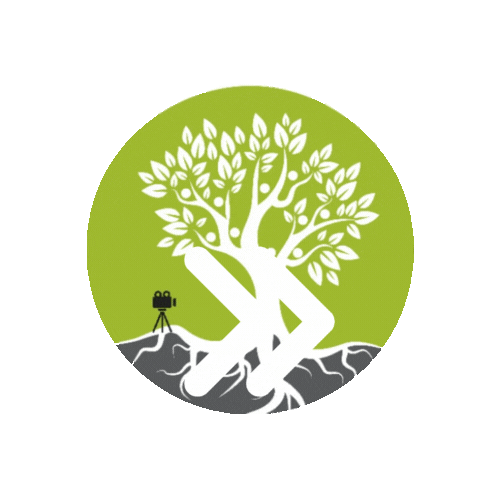Setting out on a Summer afternoon from Dartmouth in Canada, the icebreaker Louis St Laurent sets sail for the Arctic Circle and the fabled North-West Passage. The bleak snowy islands and frozen waters of the Passage have proved fatal to hundreds of explorers and sailors, but the Arctic is changing. Our warming earth is most dramatically revealed in this modern day journey through the North West Passage. A revealing and worrying documentary from the Four Corners team. As the Louis travels its unique journey, powdery sea-ice dissolves easily in front of its red steel prow. Seals and polar bears rear their young on shrinking plates of ice, and arctic birds struggle to adapt as temperatures rise. Dr Robie MacDonald, an ocean expert, has been travelling this route on the Louis for years, researching the Arctic waters. ‘Change is happening’, he says. ‘I’ve watched it happen as I’ve walked along this path’. The Arctic Ice Sea, a plate of ice roughly the size of Europe, is disappearing. Scientists say that by 2013, there will be no sea-ice left in the Arctic, causing a tipping point for climate change throughout the world. ‘The tipping point is where you’ve pushed a system into a state where, with no further pushing, it will rapidly change’, explains Dr Ted Scambos. ‘It seems as though the Arctic simply can’t recover’. Polar bears, who are at the top of the Arctic food chain, are feeling the heat. As the sea ice shrinks, so does their world. One bear drags an adult seal out of the ocean and onto the ice in his jaws. Such catches are growing rarer as seals struggle to rear their young without ice to build nests in. ‘The polar bears have amazing adaptations to living on the ice’, explains Marian Wilkinson. ‘Their insulated paws that are furry and thick; their incredible ability to smell, they can smell ice seals miles away while they’re under their ice lair’. Without ice they will b

